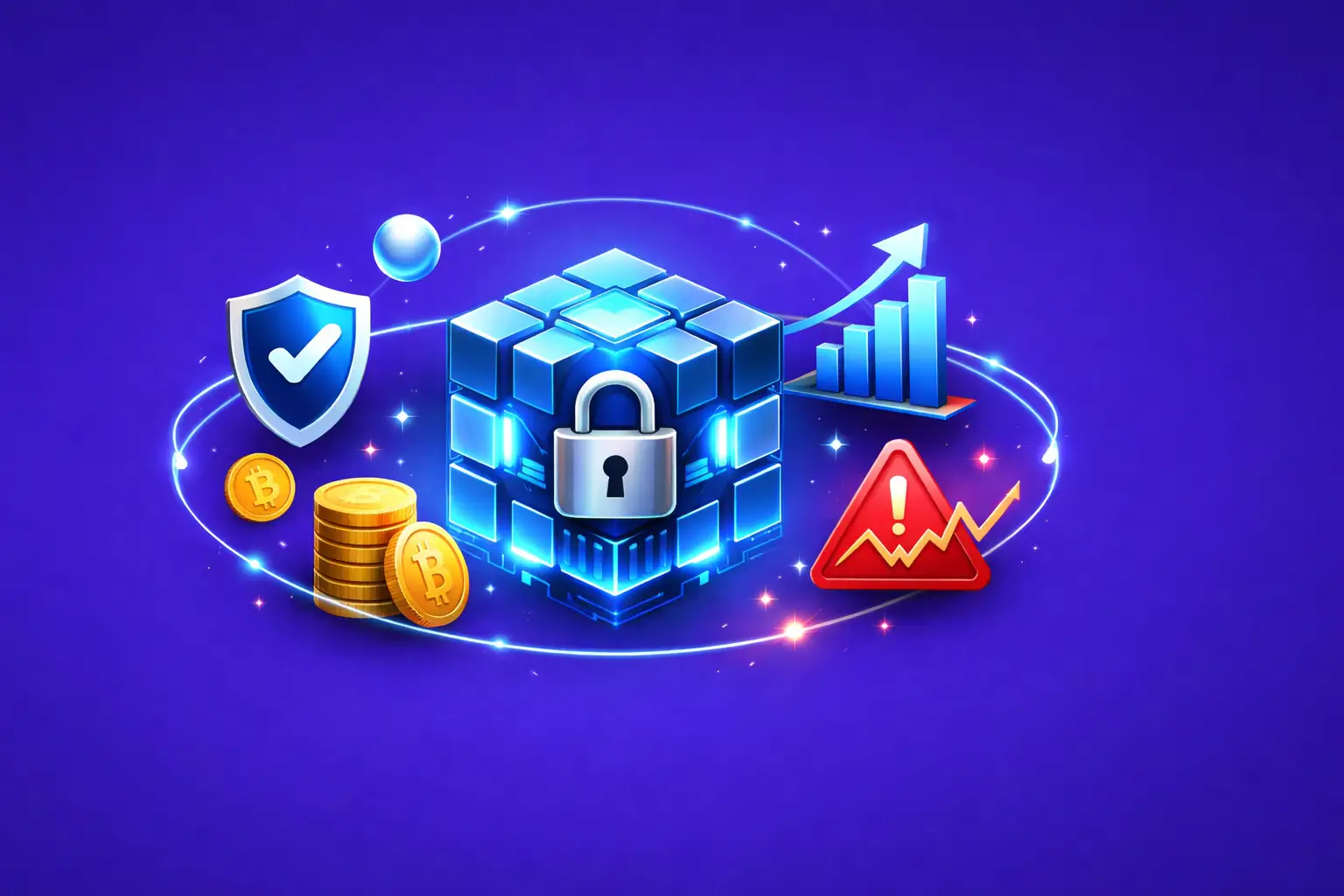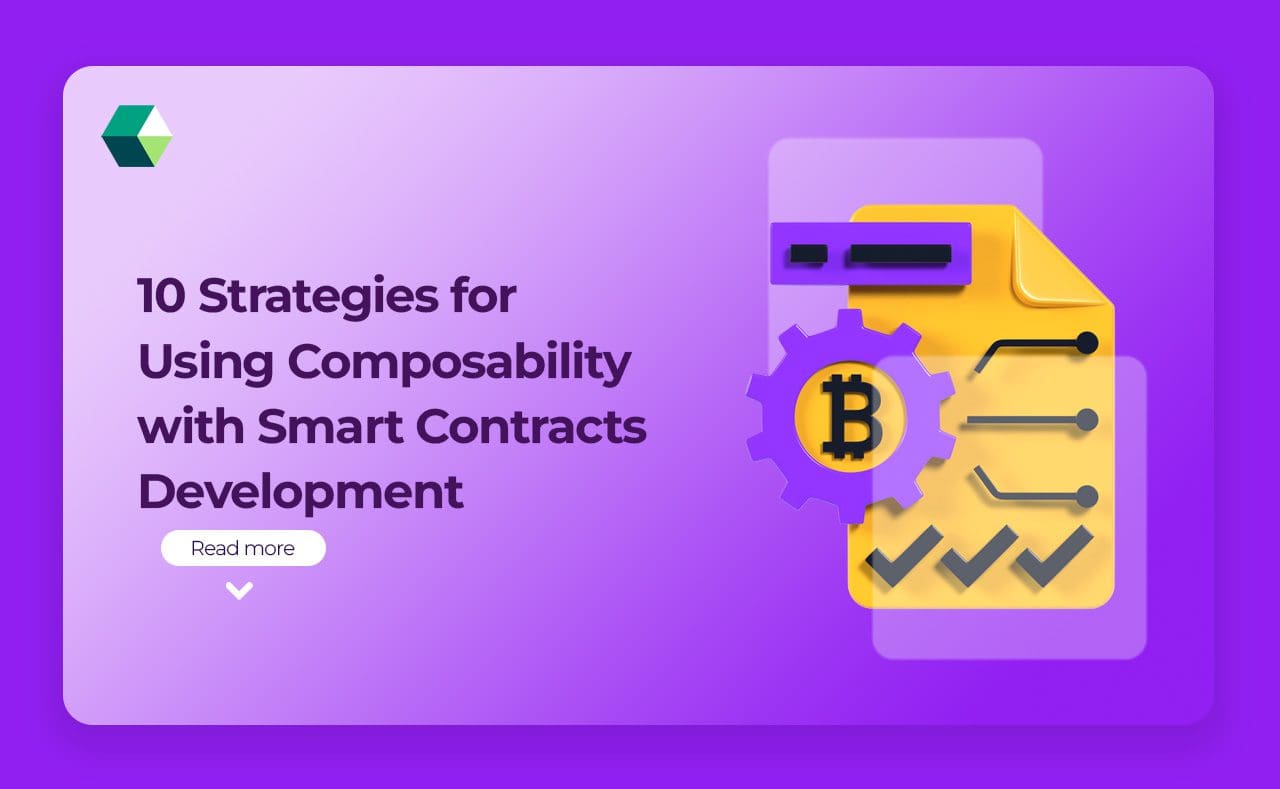Block validation is a critical process in blockchain technology that ensures the integrity and security of the blockchain by verifying that new blocks of transactions conform to network rules and consensus protocols before being added to the blockchain. This involves checking the validity of transactions, block structure, compliance with the consensus mechanism, and preventing double-spending. Effective block validation is essential for maintaining the accuracy and consistency of the blockchain ledger, securing the network from fraud, and ensuring uniformity across the distributed ledger. As blockchain technology advances, improvements in validation algorithms and consensus mechanisms continue to enhance efficiency and scalability.
What is a Blockchain Validation?
A blockchain validation is a person or computer that helps check and confirm transactions on a blockchain network blockchain development services . They make sure that new transactions and blocks follow the network’s rules before adding them to the blockchain. Validators are important for keeping the blockchain secure and accurate. In some systems, they are chosen based on how much cryptocurrency they hold, and they earn rewards for their work.
Importance of Blockchain Validators
-
Security
Validators ensure that only valid transactions are added to the blockchain, preventing fraud and protecting the network from malicious activities.
-
Accuracy
They verify transactions and blocks, maintaining the integrity and correctness of the blockchain ledger.
-
Consensus
Validators help achieve agreement among network participants on the state of the blockchain, which is crucial for a decentralized system.
-
Trust
By performing their role correctly, validators build trust in the blockchain system, ensuring users and stakeholders can rely on the network’s operations.
-
Incentives
Validators are often rewarded for their efforts, which encourages active participation and supports the network’s health and efficiency.
Importance of Blockchain Validators
-
Checking Transactions
Make sure the transaction is approved by the right person. Confirm the sender has enough money. Ensure the transaction follows the rules.
-
Creating Blocks
Validators group valid transactions into blocks. A block is just a bunch of transactions bundled together. Combine transactions into a block. Ensure all transactions in the block are correct.
-
Reaching Agreement
Validators work together to agree on which block should be added to the blockchain. Solve puzzles to add blocks (used by Bitcoin). Use the number of coins they hold to decide who adds blocks (used by Ethereum 2.0). Vote for a few people to add blocks (used by EOS).
-
Adding the Block
Once everyone agrees on a block. The block is added to the blockchain. All validators update their copies of the blockchain.
-
Getting Rewards
Validators are rewarded for their work. They get paid with transaction fees or new coins. They might lose money if they do something wrong.
-
Keeping the Network Safe
Validators help keep the blockchain safe. Look out for attacks or issues. Keep their computer up and running smoothly.
How Validators Secure the Blockchain Network?
Validators are crucial to Blockchain Security as they verify transactions, participate in consensus mechanisms, and produce new blocks. By confirming the validity of transactions and adhering to the network’s rules, they prevent fraudulent activities. They also help achieve consensus through mechanisms like Proof of Work or Proof of Stake, making it difficult for malicious actors to alter the blockchain development company. Validators play a key role in dust transaction management , ensuring that small-value transactions do not congest the network or pose security risks. They are incentivized through rewards and penalties, ensuring honest behavior. Their involvement in governance and network upgrades also helps maintain the blockchain’s stability and security.
How Does Nadcab Labs Handle Block Validation?
Nadcab Labs ensures robust block validation by implementing a multi-layered approach that includes leveraging advanced consensus mechanisms and incorporating real-time risk assessments. Their system integrates a dynamic consensus model that aligns with the latest blockchain technologies, enhancing accuracy and security. Nadcab Labs uses a combination of Proof of Stake and custom algorithms to validate transactions and produce new blocks, ensuring that only legitimate transactions are recorded. Their focus on real-time monitoring and transparent algorithms helps in maintaining a secure and efficient blockchain network. Nadcab Labs emphasizes the role of validators in governance, allowing for community input and continuous improvement in their block validation processes.






